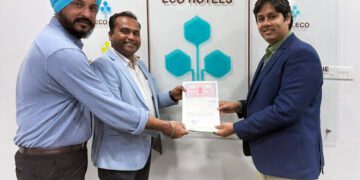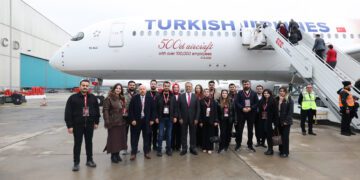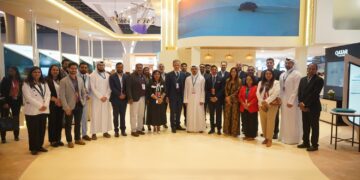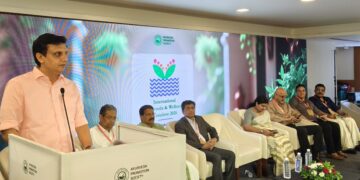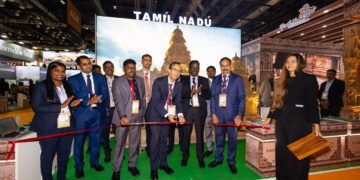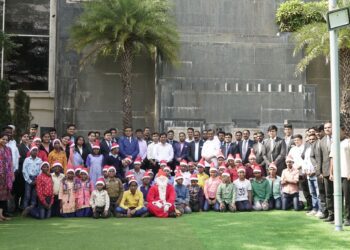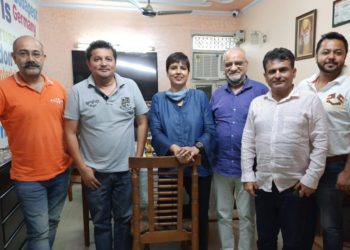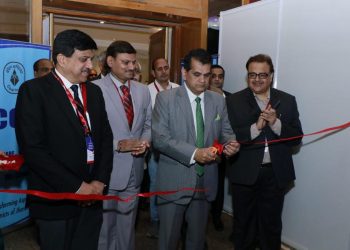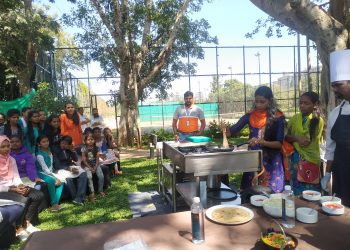We, at Ambuja Cement Foundation, are happy to have been a part of the journey of thousands of Indian women who now have a sustainable means of livelihood, which also includes about 700 women employed in male dominated industries. While India is seeing a steady growth amongst women across various spheres, we still have a long way to go.”
The event included keynote openings to share insights and experiences in the field of Women, Gender and SDGs. This involved Shraddha Joshi, MD of MAVIM, GoM, Senior Practitioner and Academic expert Janhavi Andharia. Suman Agarwal, Senior Producer, Doordarshan also shared notes on how media needs to change in their thought process while stereotyping women. A highlight of the event when two women from rural India spoke about the challenges they face in the villages and how they have been empowered today and working towards empowering many more women in India.
Teresa Fogelberg, one of the most influential sustainability thought leaders and Chair Transparency Benchmark Netherlands Ministry of Economic Affairs & Bekeme Masade-Olowola, a renowned Nigerian social entrepreneur and GRI Board member also joined the conference virtually to present global views and solutions for this pressing issue. Bekeme said “the discrimination of women globally has culminated into a feminisation of poverty where women have less economic power because of the various structured barriers women face.“While Teresa added “For the first time with SDGs, businesses have a role to play in achieving sustainability goals. There are monitoring and measuring for both countries and businesses.”
Equal access to education, job opportunities, and representation in political and economic decision making processes are rights which every individual should get irrespective of gender, race or caste. A panel comprising experts from L&T Finance, Tata Power, Axis Bank Foundation, Piramal Foundation and KPMG came together to discuss how by investing in the empowerment of women, our nation can achieve SDG 5 as well as make gains on the alleviation of poverty and fuel sustainable economic growth. Individuals and organizations must encourage other women to come forward so that true potential can be reached.
Dr. Aditi Haldar, Director, Global Reporting Initiative, also threw light on the implementation of gender parity in the workplace. She said, “The 2030 milestone to achieve SDGs is overwhelming and it is our ability to learn from one another that is so important. Business has an important role to play also and there is a collective power in coming together with a common objective. This dialogue is just the starting point – we now need to move forward beyond discussion and into action and reporting”
Together, ACF and GRI along with other organizations, will continue to initiate such dialogues with a hope to make India a nation where women can progress and live their dreams.






